© Mitsubishi Electric Australia 2023
- ARCTick # AU00245
- Privacy
- Website terms
- Legal statements
- Website by G Squared
- ARCTick # AU00245
- Privacy
- Website terms
- Legal statements
- Website by G Squared
An extensive range of indoor unit styles and outdoor unit capacities ensures flexibility to meet the most challenging of air conditioning needs, from wall-mounted and floor-standing designs to fully ducted air conditioning solutions.
Need help choosing?
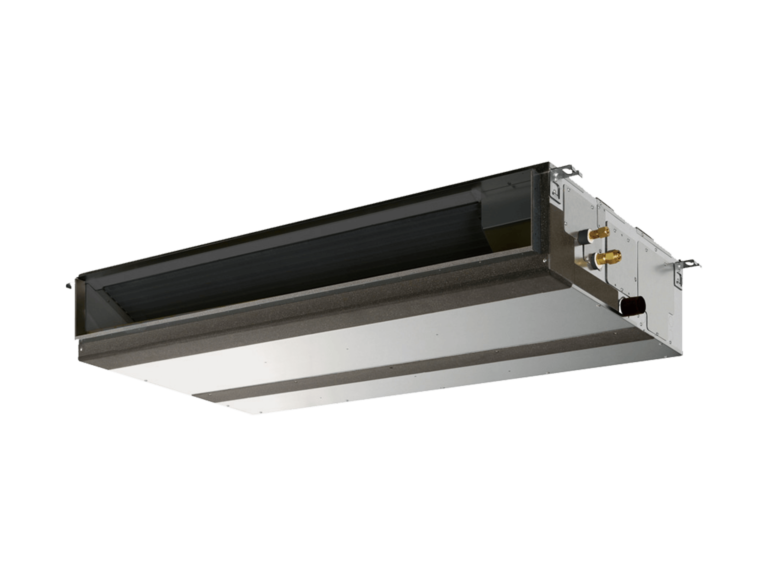
PEAD-M50-140JAAD
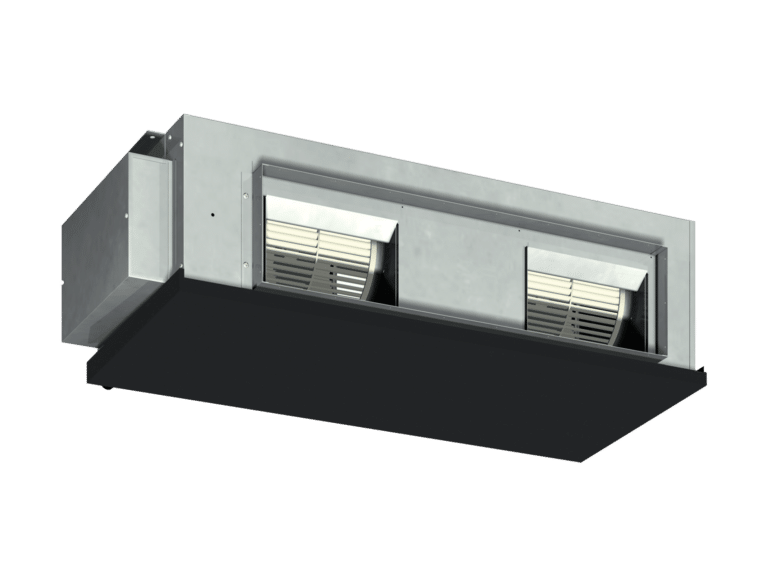
PEA-M100-140GAA
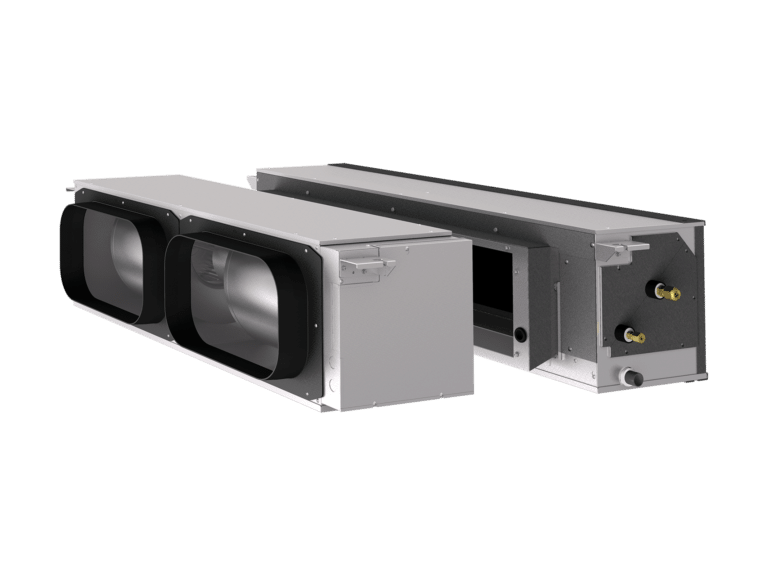
PEA-M100-140HAA

PEA-M160HAA
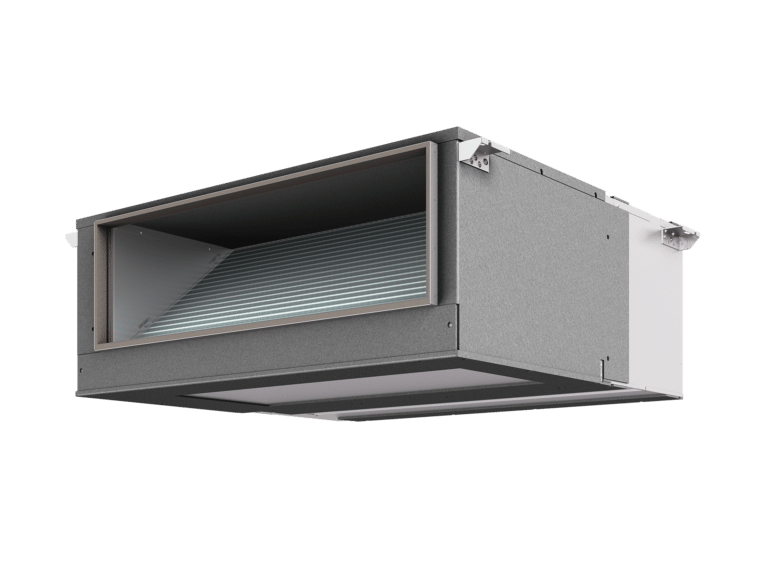
PEA-M180-250LAA
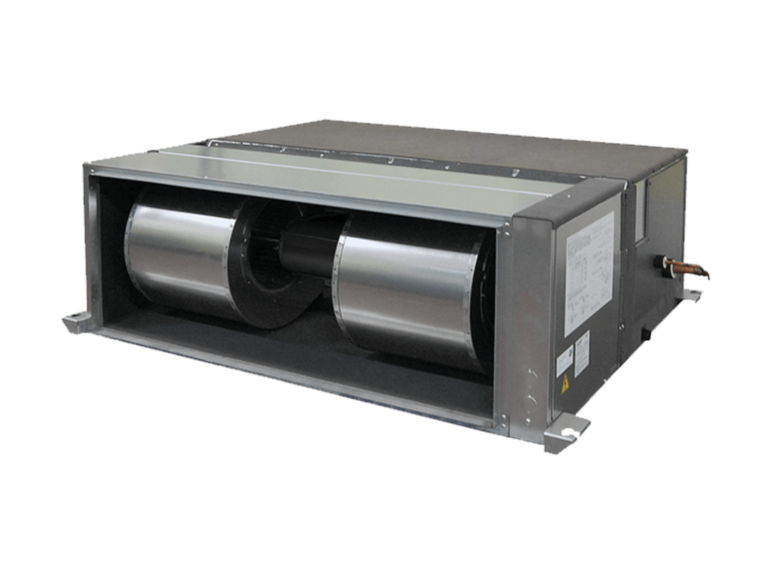
This Product Has Been Discontinued
PEA-RP170-200WJA
This product is superceded by PEA-M-LAA Series.
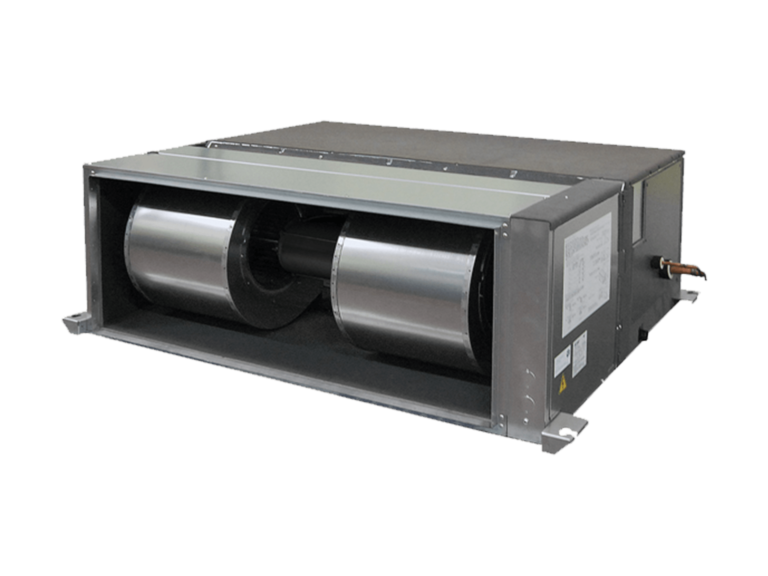
This Product Has Been Discontinued
PEA-RP250WHA
This product is superceded by PEA-M250LAA.
Modern air conditioning systems offer a variety of styles and capacities, providing the flexibility and customisation you need to meet the unique requirements of each space. This ensures that every building can be fitted with an air conditioning solution that meets your requirements while providing maximum comfort and efficiency. Invest in a high-quality air conditioning unit today so you can start enjoying comfortable and efficient cooling and heating all year-round.
There are several popular air conditioner types for residential use, each with their own set of benefits.
Comfort
Air conditioners can help to keep your home at a comfortable temperature all year round, making them especially advantageous during scorching summer days or chilly winter nights. When the outside weather is hot, a residential air conditioner efficiently cools your home to a pleasant temperature, elevating your comfort, productivity, and sleep quality. Similarly, during cold weather, an air conditioner effectively warms your home to a cosy temperature, providing warmth and comfort during the winter months.
Health
Air conditioners fitted with advanced filters such as a Plasma Quad Plus Filter by Mitsubishi Electric, contribute to improved air quality within your home by eliminating dust, pollen, and other allergens that can trigger asthma attacks and allergic reactions.
Peace of mind
Owning an air conditioner provides peace of mind for you and your family, particularly during extreme temperature fluctuations. Whether you work from home, have pets, or are part of a bustling family, the knowledge that everyone can be comfortable—even when the weather outside is chaotic—brings reassurance throughout the day.
For nearly 50 years, Mitsubishi Electric has been a leader in the development and manufacturing of high-quality air conditioners. Our air conditioners are designed to provide the ultimate in comfort and efficiency, offering a great range of sizes and styles to fit any home.
If you are looking for a residential air conditioner that will provide you with years of comfort and satisfaction, then a Mitsubishi Electric air conditioner is the right choice for you. Contact us today to find your nearest air conditioning specialist who can schedule an appointment for a free consultation.
Air conditioners can be used as a heater. There are two types of air conditioners: cooling only and reverse cycle. Reverse cycle air conditioners are available in different types and provide heating for single rooms, multi rooms or a whole house.
Cleaning your air conditioner regularly is essential for keeping your unit running at optimum efficiency. You can do some maintenance tasks yourself and some that require a qualified service technician. Our How to Clean Your Air Conditioner Filter guide outlines how to clean an air conditioning unit including the filters. The user manual for your air conditioning system will outline how often and how to clean your system’s filters and heat exchanger.
Air conditioners provide dehumidification while they are actively cooling. Once the set temperature is reached, dehumidification is reduced or stops. If you have a problem with high moisture content in your home, a dedicated dehumidifier may be an ideal solution.
Dry Mode may provide some Dehumidification.
The Inverter is the brain of an air conditioning system. An Inverter receives information from sensors monitoring operating conditions and adjusts the frequency of the compressor to control the refrigerant flow rate thereby consuming less current and power. Mitsubishi Electric Inverters ensure that optimised performance and maximised comfort can be achieved while maintaining a higher energy efficiency.
It doesn’t matter which part of the country you live in; at some stage you will need to either heat or cool your home during the year. Split System air conditioning is a good option for year-round comfort, but is a split system air conditioner the right choice for your home?
Split system air conditioners are installed in two parts, an inside unit to distribute the air inside your room and an outside unit to draw in outside air, adjusting the air’s temperature to suit. Most split system air conditioners perform both heating and cooling functions, allowing you to use a single system to either cool down your house in the summer or warm it up in the winter.
Split systems come in different indoor unit types including wall mounted, floor console, ducted air conditioning, bulkhead, or ceiling cassette. The type of indoor unit selected depends on where it is most convenient to be installed. Read our blog post Is a Split System air conditioner right for your home? 6 benefits to consider to learn more about buying an air conditioner.
Read our Guide to Air Conditioner Basics: How Your AC Works and What You Need to Know to learn more about the different types of air conditioners and which one is the right one for your needs.
There are practical things you can do to reduce the energy load of your air conditioner. Read our 10 Point Cool Home Checklist for steps you can take to help reduce the energy load of your air conditioning unit. These tips can help with winter heating too.
Investing in the proper heating for your home is a big decision, and there are many factors to consider to ensure you make the right choice. We look at six essential insider tips for heating to keep in mind when searching for the perfect winter heat this season.
Finding the right air conditioner that suits your home is the starting point. We recommend speaking to a specialist air conditioning stockist for the best advice for heating your home.
Have you been concerned about the performance of your air conditioner lately? If you’re unsure about whether it’s time to upgrade, there are vital signs you can watch out for. Here are some top reasons to consider before you update your air conditioner.
To learn more about these signs in detail, read our guide: Is it Time to Say Goodbye to Your Air Conditioner? 8 Signs You Need to Update Your Air.
Ultimately, the decision to update your air conditioner will depend on your individual circumstances and needs. It is recommended to consult with a qualified service technician to assess the condition of your current unit and determine whether an update is necessary.
© Mitsubishi Electric Australia 2023